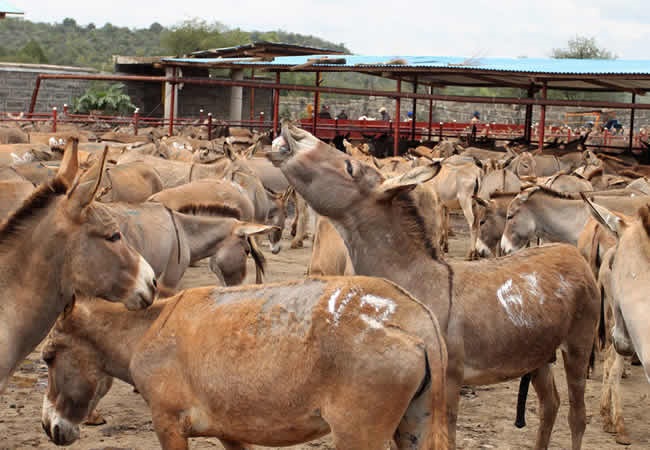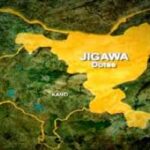Animal breeding and genetics experts have expressed worry effects of climate change and man-made factors that pose a threat to the existence of some animal species in Nigeria.
The animal species of concern are; camels(Camelus dromedarius), donkeys, Muturu and N’Dama cattle breeds.
The experts said that the risk status of these animals with the poor population growth rate, especially camels calls for urgent interventions, specifically, cogent national and sub-regional actions to aid stakeholders’ decisions on the development of appropriate and sustainable animal breeding and conservation programmes.
Speaking at a stakeholder engagement of the draft policy on endangered livestock breeds of cattle in Nigeria, the Registrar of the Nigeria Institute of Animal Science (NIAS), Prof Eustace Ayemere Iyayi, harped on the need to ensure the survival and conservation of these species.
The meeting was aimed at looking at draft policy documents and charting ways to explore the resources of these animals and make Nigeria globally competitive in the conservation of genetic materials.
Professor Iyayi said the stakeholders x-rayed the production, sustainability, marketing, breeding, and other aspects of these high-priced animals to prevent extinction and ensure their use in human-animal husbandry practices.
Also, a Professor of Animal Science, Abubakar Tafawa Balewa, Demo Kalla, maintained that a comprehensive policy in place for the conservation of these valuable genetic resources would benefit not only the current generation but also future generations in Nigeria and Africa.
“Unless there is a systematic plan to address the changing numbers of these animals, they are highly threatened and need to have a robust policy in place for their conservation,” Kalla said.
Professor Michael Momo of the Joseph Sarwuan Tarka University, Makurdi, stressed the importance of conserving these endangered species and ensuring their continued existence in the country.
He said by developing and implementing a robust policy, Nigeria can contribute to the nation’s economy and conservation of genetic resources.
READ ALSO FROM NIGERIAN TRIBUNE
WATCH TOP VIDEOS FROM NIGERIAN TRIBUNE TV
- Let’s Talk About SELF-AWARENESS
- Is Your Confidence Mistaken for Pride? Let’s talk about it
- Is Etiquette About Perfection…Or Just Not Being Rude?
- Top Psychologist Reveal 3 Signs You’re Struggling With Imposter Syndrome
- Do You Pick Up Work-Related Calls at Midnight or Never? Let’s Talk About Boundaries






